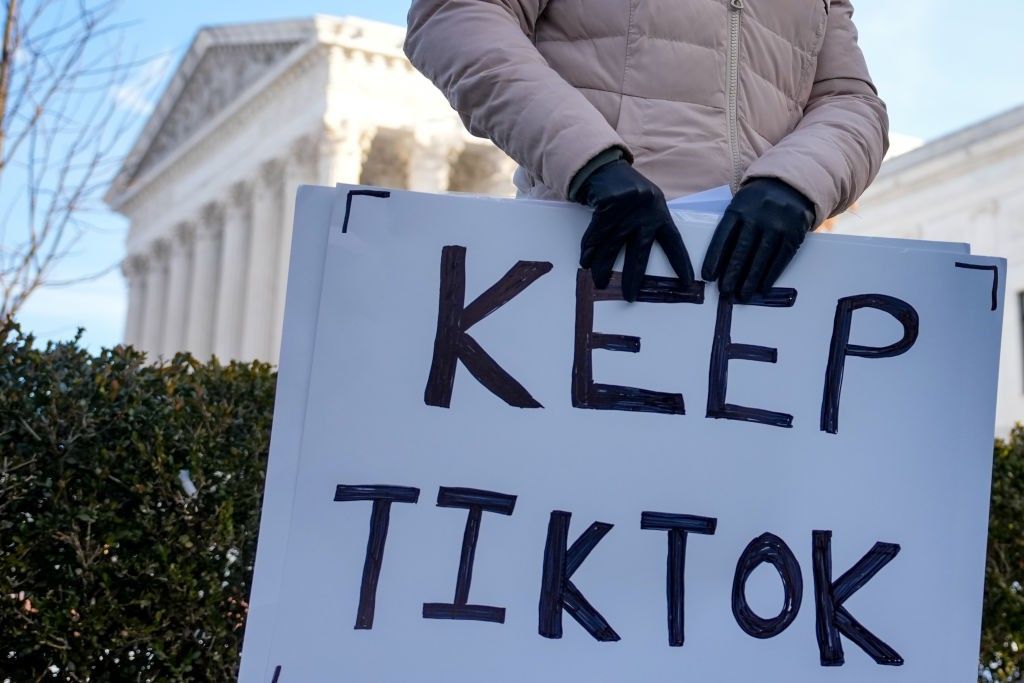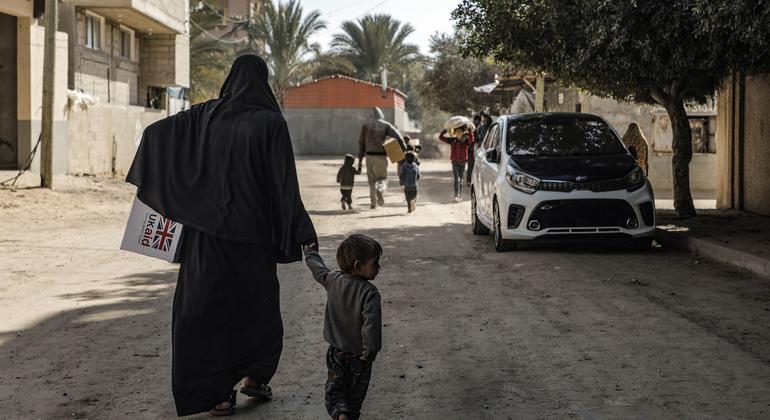When Madhvi Chittoor of Arvada, Colo., learned at the age of 6 that PFAS “forever chemicals” are found in all sorts of consumer products, she wanted to warn everyone. So she started with one person: Colorado state senator Lisa Cutter, a strong advocate for the environment. Cutter agreed to meet, and in 2021 she sat down with Madhvi—accompanied by her mom—at a Panera.
They talked about how PFAS, a group of manufactured chemicals used in consumer products since the 1940s, have made their way into drinking water, soil, food products, and the air. Peer-reviewed studies have found that exposure to certain levels of PFAS can lead to negative developmental effects in children, decreased fertility, increased risk of some cancers, reduced immune function, and increased cholesterol levels. Cutter already knew a little about PFAS but not enough to push her toward drafting a bill about them. Madhvi, she says, “really planted the seed.”
Read More: The Challenge of Removing Toxic PFAS ‘Forever Chemicals’ from Drinking Water
The following year, Cutter went on to sponsor a bill that bans “intentionally added” PFAS in a wide range of consumer goods, from cosmetics to carpets. In an effort to garner support for the legislation, Madhvi testified at the state Capitol and spent months emailing with Governor Jared Polis. After the bill passed, Polis recognized Madhvi’s hard work, inviting her to the bill signing in 2022 and giving her the pen he used.
It was not the first time that Cutter and Madhvi worked together. In 2021, after Cutter proposed a measure to ban single-use plastic bags in major retail stores and plastic-foam containers in restaurants, Madhvi advocated for that bill too—speaking with mayors and businesses, and conducting a signature campaign. At the beginning of this year, that measure finally took full effect.
“We are proud to have young people like Madhvi who are working to protect this place we love now and for future generations,” Polis told TIME in a statement. “We were honored to have Madhvi join us for the bill signing, especially because of her advocacy and leadership in this area. I have no doubt that Madhvi is just getting started, and we can’t wait to see what she does next.”
And Madhvi, now 13, isn’t resting on her laurels: “There’s still more that needs to be banned, like [PFAS] in toilet paper and cleaning products,” she says.
She has kept up her advocacy locally and abroad. In 2022, she was chosen as a child adviser to the United Nations Committee on the Rights of the Child, and gave a speech at its headquarters in Geneva about kids’ rights to a clean, healthy, and sustainable environment. And on a recent vacation in her family’s hometown of Chennai, India, she found time to organize a beach cleanup and speak at schools about pollution.
Despite her young age, Madhvi’s experience with environmental advocacy goes deep. Even before the plastic-foam law, she had already encouraged Jefferson County, Colorado, to switch to compostable lunch trays in all of its public schools. In 2021, she and the school district broke the Guinness World Record for most markers (more than 22,000) collected for recycling in one hour. Outside of advocacy, Madhvi plays piano and violin, writes music, and is a black belt in tae kwon do—earning her nicknames like “no-plastic ninja.”
For her peers who want to get involved in environmental action but don’t know where to start, Madhvi recommends reaching out to elected officials.“If they say no once, keep going and keep asking,” she says. Cutter admires that determination—and is sure that other lawmakers would too. “I would be shocked if any legislator on any side of the aisle would turn down a kid,” she says. Environmental bills are often lobbied against by big corporations, Cutter notes, adding, “When we have young people … reaching out and advocating, it’s really helpful.”


















![Ep266: [Lean Series] How to Plan a Responsible Fat Loss Phase Ep266: [Lean Series] How to Plan a Responsible Fat Loss Phase](https://carrotsncake.com/wp-content/uploads/2024/06/Carrots-N-Cake-VIP-Nutrition-Coaching-768x1040.jpeg)
.jpg)

Discussion about this post